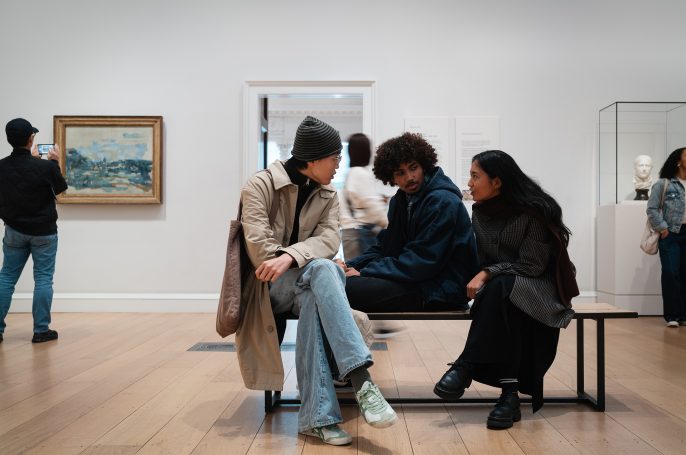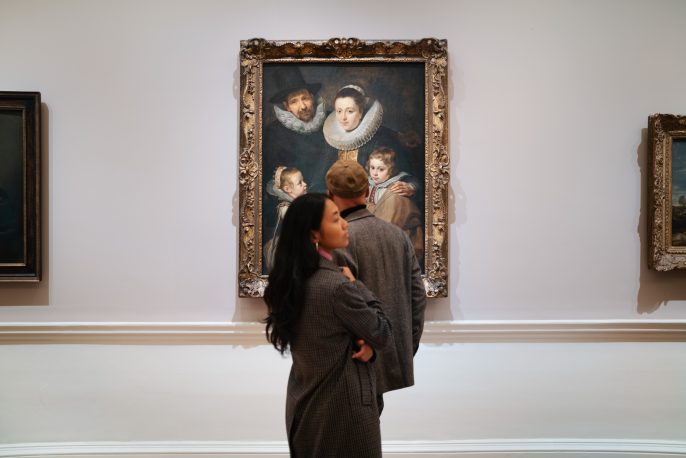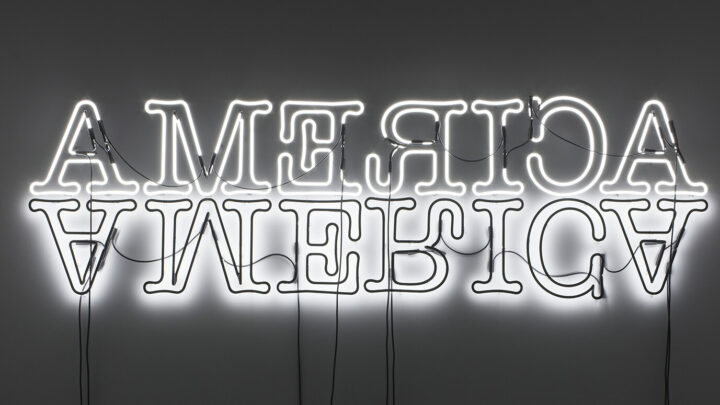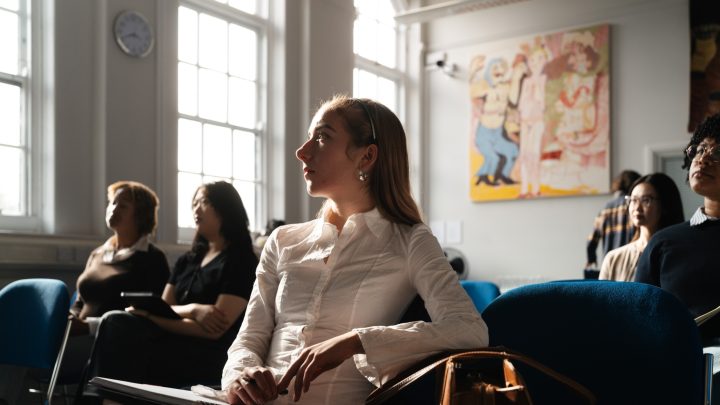Film and Television were the most popular artforms of the 20th century in America. Their cultural influence was felt across spheres as diverse as politics, fashion, design and publishing. Notwithstanding the wealth of academic discourse on the cultural, industrial and social history of the moving image in relation to these and other fields there still remains much work to be done on how American artists figured film and television as both distinct subjects and tools for the creation of artworks. This lecture series will present a varied roster of talks that will examine the moving image as both subject and practice in American art. We will explore a diversity of periods, artists and approaches to both film and television, observing the Art History of the moving image from an interdisciplinary perspective.
Session 5: Kara Carmack,‘“It’s Showtime!”: Anton Perich Presents and the Performativity of the Party’
The advent of Manhattan public access television in July 1971 coincided with the splintering of the 1960s “underground” scene into variably overlapping and divergent social circles. As the ensuing social dynamics privileged access over insularity—where the goal was to see and be seen at bars, nightclubs, dinner parties, after-parties, and premiers—these television channels opened new and uniquely fitting avenues for self-projection and visibility.
Focusing on several episodes of Anton Perich’s eponymous show Anton Perich Presents (1972–ca. 1978), this lecture explores the congruent aesthetics and modes—the form and content—that structured social gatherings on, off, and through public access television in 1970s New York. Perich often recorded his show with a handheld camera late at night after long evenings spent at the famed Max’s Kansas City bar—the production becoming something of an after-party. Perich’s roving camera captured jokes, conversations, name-dropping, and gossip lingering from earlier social events that his stars—friends and Max’s regulars Susan Blond, Candy Darling, Cyrinda Foxe, Donna Jordan, Taylor Mead, Tinkerbelle, among others—expertly wove into loosely scripted, absurd scenarios. For these party regulars, television became a semipublic place to socialize that operated much like a club or loft. Whether at Max’s or on Anton Perich Presents, attendees navigated a sea of changing characters and conversations, endless and tangled dramas, banalities, and comedies that propelled forward the long evenings. Yet, as argued in this talk, the show refused to cultivate a romantic notion of community by monitoring, collapsing, performing, and reinforcing insider-outsider positionalities that perpetually renegotiated the edges of their social scenes on and through the television screen.
Kara Carmack is Assistant Professor of Fine Arts at Misericordia University. She specializes in modern and contemporary art and visual culture with a particular emphasis on creative communities, gender and sexuality, and archives. Her current book project, titled Marginal Centers: Parties on, off, and through Manhattan Public Access Television, 1972-1983, focuses on public access television shows produced by Anton Perich, Glenn O’Brien, and Andy Warhol.
Ben Olin is Assistant Professor of Cinema and Television at Beijing Normal University-Hong Kong Baptist University, UIC. His research has been published in Art Journal; Framework: The Journal of Cinema and Media; Millennium Film Journal; Jacket 2; and Downtown Film & TV Culture, 1975-2001 (Intellect, 2015). His current book project, “Underground Networks: Artists’ Television in New York,” examines cable-TV shows produced by downtown artists during the 1970s and 1980s. He will be respondent to Professor Carmack’s paper at this event.
Organised by Dr Tom Day (The Courtauld)








